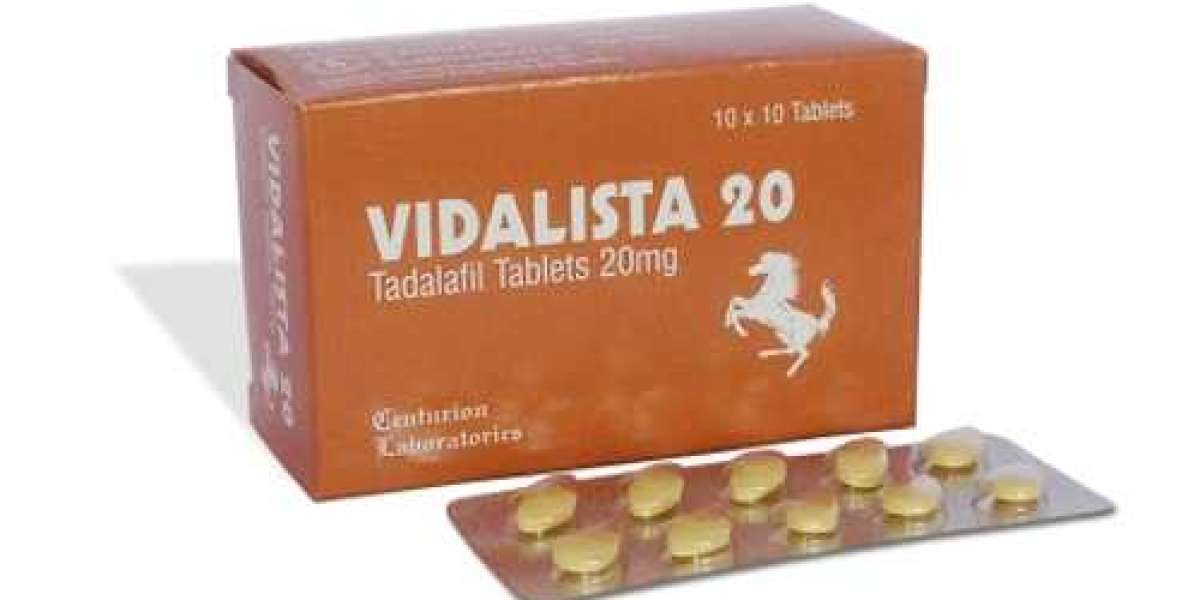In the world of fluid dynamics and industrial machinery, horizontal centrifugal pumps stand out as a reliable and efficient solution for moving liquids across various applications. Whether you’re in manufacturing, chemical processing, or water treatment, understanding why these pumps are superior can give you the edge in optimizing your operations.
What Is a Horizontal Centrifugal Pump?
A horizontal centrifugal pump is a type of pump that uses a rotating impeller to create a flow of liquid. The pump's design features a horizontally mounted shaft, which distinguishes it from its vertical counterparts. This orientation allows the pump to handle a wide range of liquids, including those with high viscosity and corrosive properties.
Key Advantages of Horizontal Centrifugal Pumps
1. Versatility in Application
One of the most compelling reasons to choose a horizontal centrifugal pump is its versatility. These pumps are suitable for a vast array of industries, including:
- Water Supply and Treatment: Ideal for municipal water supply systems, irrigation, and wastewater management.
- Chemical Industry: Handles aggressive and corrosive liquids with ease, making it indispensable in chemical processing plants.
- Oil and Gas: Used in the transportation of petroleum products, these pumps are crucial for the energy sector.
2. Ease of Maintenance
Horizontal centrifugal pumps are designed for easy access to all components, which simplifies maintenance and reduces downtime. The ability to disassemble the pump without disturbing the piping system is a significant advantage, making repairs and part replacements straightforward.
3. High Efficiency
These pumps are known for their high efficiency in converting mechanical energy into fluid movement. With optimized impeller design and precision engineering, horizontal centrifugal pumps can achieve impressive flow rates with minimal energy consumption.
4. Cost-Effectiveness
Horizontal centrifugal pumps are generally more affordable than vertical pumps due to their simpler design and lower installation costs. Additionally, their high efficiency translates to lower operating costs over the pump’s lifespan, providing a solid return on investment.
5. Compact Design
The horizontal configuration allows for a more compact design, which is particularly beneficial in applications where space is limited. This compactness does not come at the expense of performance, making these pumps a preferred choice in many industrial settings.
How to Choose the Right Horizontal Centrifugal Pump
Selecting the right pump for your needs involves considering several factors:
- Flow Rate and Head: Determine the required flow rate and the height the liquid needs to be pumped (head). This will help you choose a pump with the appropriate specifications.
- Material Compatibility: Ensure the pump material is compatible with the liquid being handled, especially if dealing with corrosive or abrasive substances.
- Maintenance Requirements: Consider how often the pump will need maintenance and the ease with which it can be performed.
- Energy Efficiency: Look for pumps that offer high efficiency to reduce energy consumption and lower operating costs.
Common Challenges and Solutions
While horizontal centrifugal pumps are highly reliable, they are not without challenges. Common issues include:
- Cavitation: This occurs when vapor bubbles form in the liquid being pumped, potentially causing damage to the pump. To avoid cavitation, ensure the pump is operating within its recommended range and consider using a pump with anti-cavitation features.
- Seal Failure: Mechanical seals can wear out over time, leading to leaks. Regular inspection and timely replacement of seals can prevent this issue.
- Vibration: Improper installation or misalignment can cause excessive vibration, leading to premature wear. Ensuring proper alignment during installation can mitigate this risk.
Conclusion
Horizontal centrifugal pumps are a cornerstone of fluid handling systems across various industries. Their versatility, efficiency, and ease of maintenance make them a superior choice for many applications. By understanding the advantages and selecting the right pump for your needs, you can enhance the efficiency and reliability of your operations.
Investing in a high-quality horizontal centrifugal pump is a decision that will pay off in both the short and long term, ensuring smooth and cost-effective fluid management for your business.












